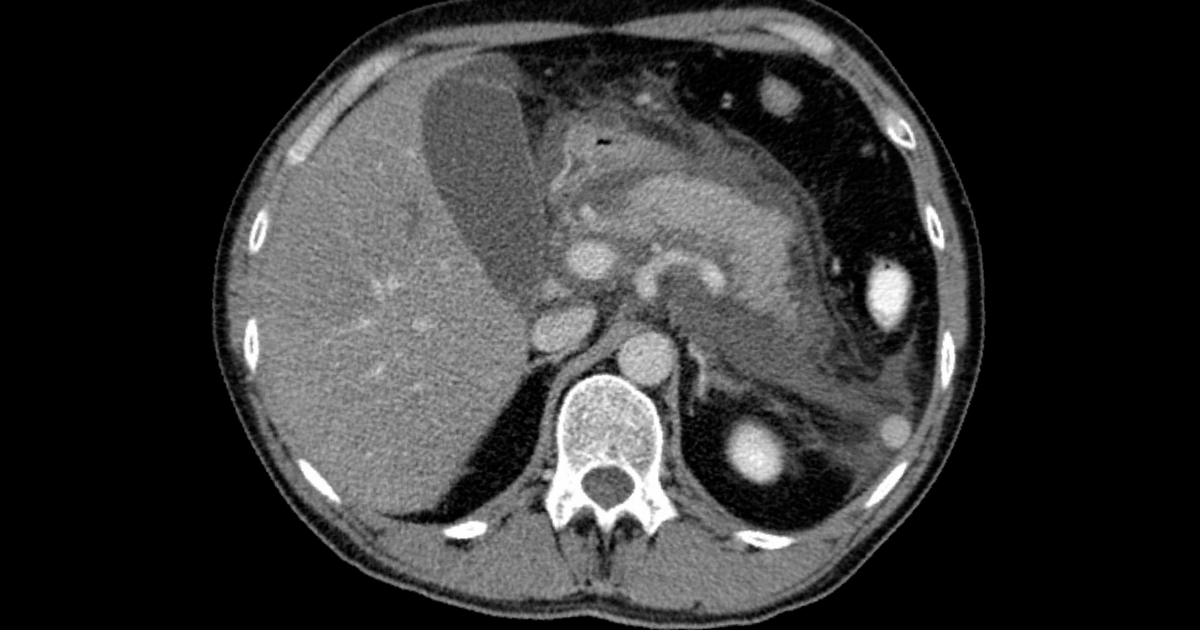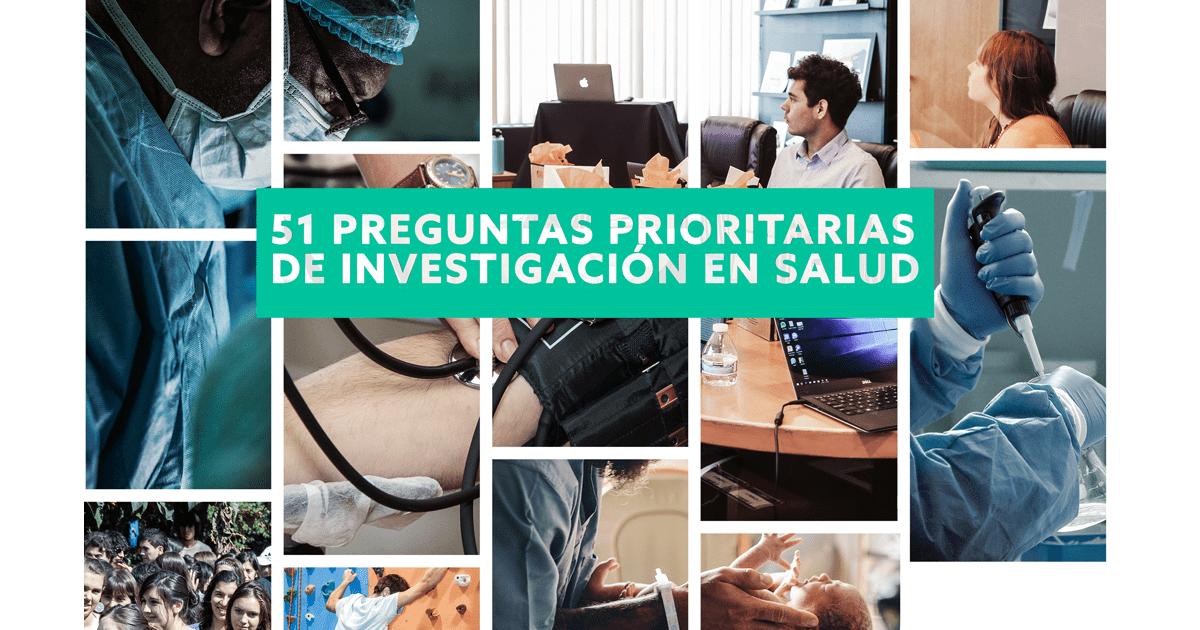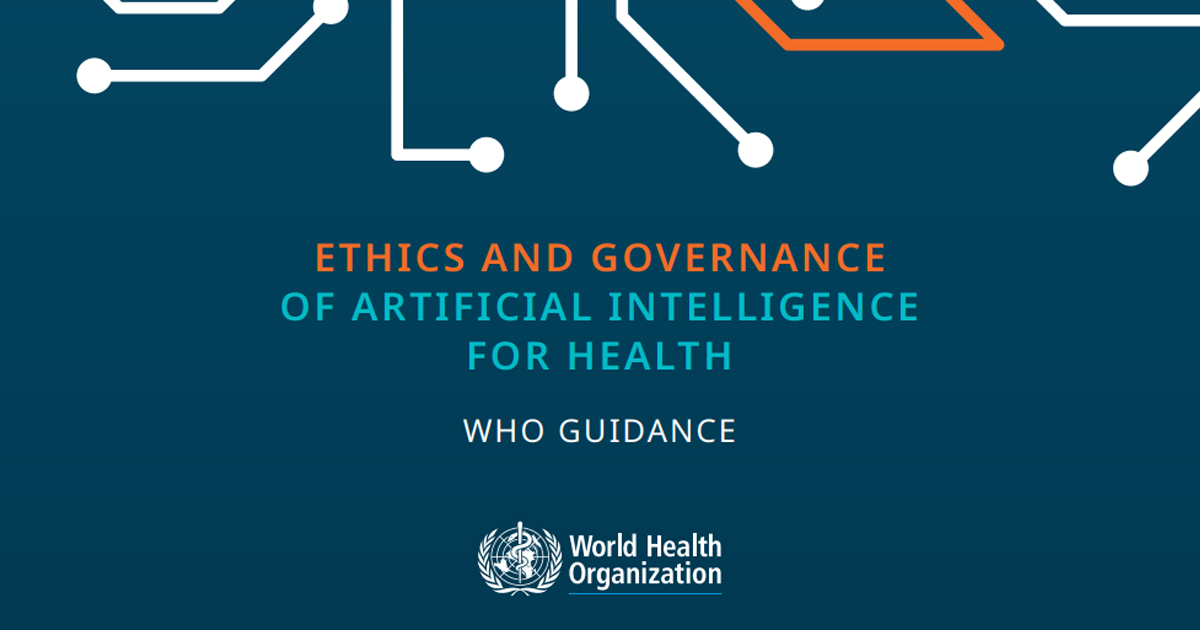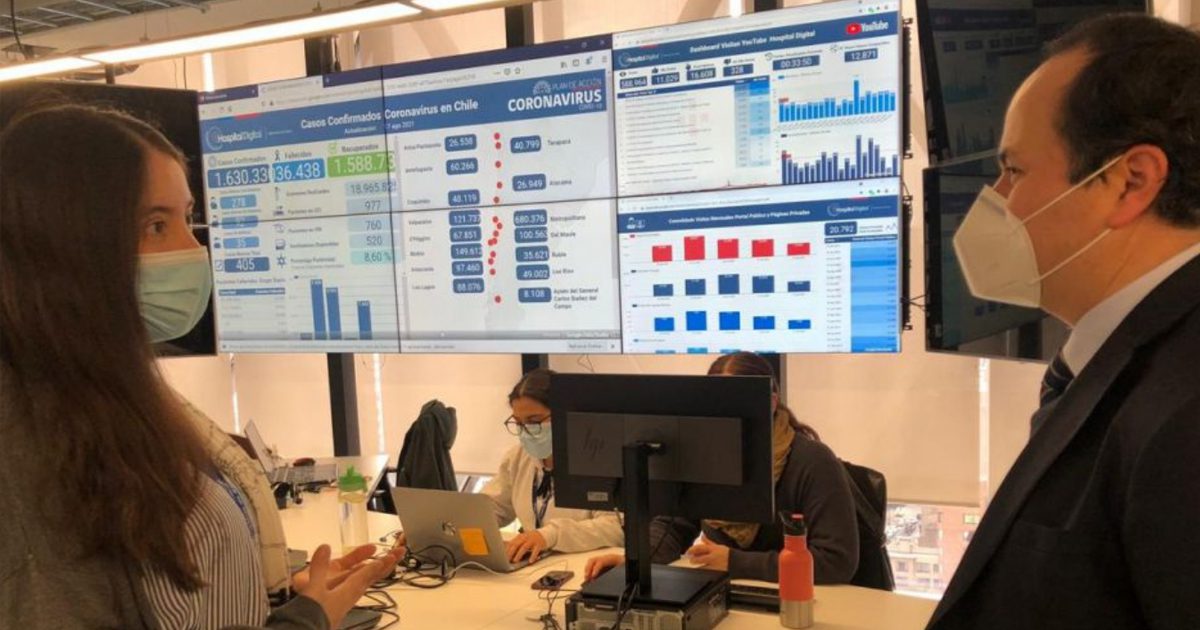The governments of any country may have a digital tool that allows health professionals to be guided on the care to be followed in the elderly and thus avoid risks of diseases or complications.
The health service is configured to cover and give access to all areas of the population regardless of socioeconomic status or age.
The elderly sector requires special care to protect the cognitive and bodily functions that change over time.
That is why the World Health Organization (WHO) has made available the WHO ICOPE Handbook App platform, a digital application available for download to mobile phones and thus, provide medical staff with the necessary advice to support and give treatment to problems such as hearing loss, vision, motor skills, and other conditions that lead to old age.
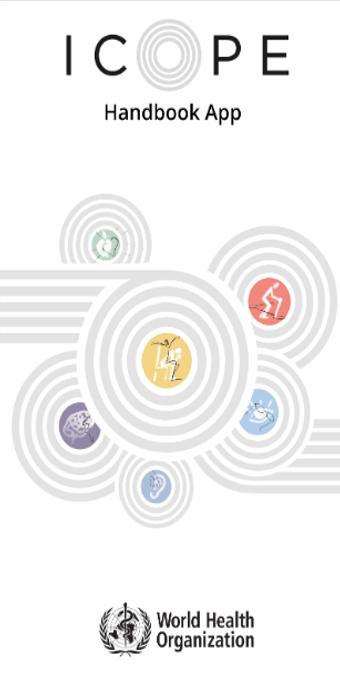
A virtual manual will also be offered with comprehensive information that allows doctors to offer an effective treatment to the elderly directly from their homes.
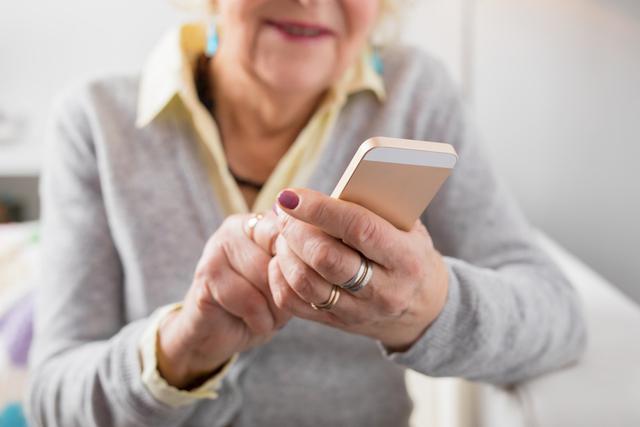
The tool "will allow older people to continue doing the things they value and avoid their social isolation and dependence on care," according to Dr. Islene Araujo de Carvalho.
The guideline is established for the development of a better public health service with a quality that overcomes the inequality gaps between citizens.
The new systems, focused on specific congregates, are an alliance that public policies promote to include, without exception, any individual in any situation.
PARA DESCARGAR LA APP INGRESAR A:
https://play.google.com/store/apps/details?id=com.universaltools.icope&hl=es_MX


